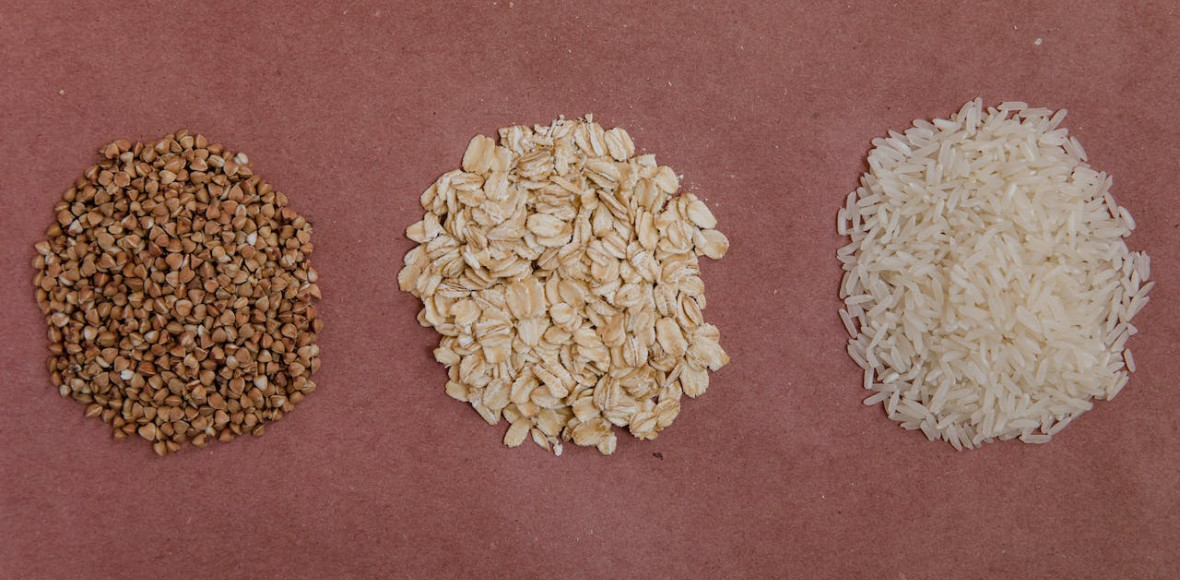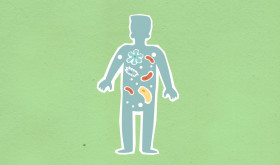
The conversation surrounding colorectal health often revolves around two primary dietary components: fibre and red meat. However, a comprehensive understanding of dietary influences on colorectal health extends beyond these two elements. In this exploration, we delve into the multifaceted realm of dietary patterns and their impact on colorectal wellbeing, offering insights that go beyond the conventional wisdom.
The narrative of fibre as a protective agent against colorectal ailments is well-established. Dietary fibre, found abundantly in fruits, vegetables, whole grains, and legumes, is known for its role in maintaining bowel health. It aids in bulking up the stool, facilitating smoother bowel movements, and has been linked to a lower risk of developing colorectal cancer. However, the impact of diet on colorectal health is not limited to just fibre intake.
The Role of Fibre and Red Meat in Colorectal Health
Red meat consumption has been a point of contention in discussions about colorectal health. A diet high in red and processed meats has been associated with an increased risk of colorectal cancer. This has led to recommendations for moderating red meat intake and considering leaner sources of protein. While these guidelines are crucial, they represent only a part of the dietary spectrum influencing colorectal health.
Dairy Products and Their Protective Effects
Dairy products, often overshadowed in this conversation, play a significant role. Studies suggest that milk and calcium-rich dairy products can have a protective effect against colorectal cancer. Calcium is thought to bind cancer-promoting bile and fatty acids in the gastrointestinal tract, thereby reducing the risk of malignant cell formation. Incorporating a moderate amount of dairy into one’s diet could thus contribute positively to colorectal health.
Balancing Fats for Optimal Colorectal Wellbeing
The type of fats in our diet also holds significant sway over colorectal wellbeing. The consumption of high amounts of saturated fats, typically found in animal products, and trans fats, often in processed foods, is linked to an increased risk of colorectal cancer. In contrast, diets rich in omega-3 fatty acids, such as those found in fish, flaxseed, and walnuts, may offer a protective effect. Balancing the types of fats consumed can therefore be a key factor in maintaining colorectal health.
Alcohol Consumption and Its Impact on Colorectal Health
Alcohol intake is another critical aspect of dietary influences on colorectal health. Excessive alcohol consumption has been linked to an increased risk of colorectal cancer. It is believed that alcohol may impair the body’s ability to absorb essential nutrients and produce carcinogenic by-products during its metabolism. Moderation in alcohol consumption is thus advisable for those concerned about their colorectal health.
Micronutrients: Vitamins and Minerals in Focus
The role of micronutrients, such as vitamins and minerals, in colorectal health cannot be overstated. Vitamins D and B, particularly folate, have been associated with a reduced risk of colorectal cancer. These nutrients, found in various fruits, vegetables, and fortified foods, play a role in DNA repair and synthesis, which is crucial in preventing cancer cell formation.
Gut Microbiome and Its Influence on Colorectal Health
Another important aspect is the gut microbiome, the community of microorganisms living in our intestines. A diverse and balanced gut microbiome, influenced by our diet, is essential for good colorectal health. Probiotic and prebiotic foods, such as yoghurt, kefir, and certain fibrous foods, help maintain this balance, promoting a healthy digestive system and potentially reducing the risk of colorectal cancer.
Processed Foods and Colorectal Health Concerns
Processed foods and their impact on colorectal health also warrant attention. High consumption of processed foods, often laden with preservatives, artificial additives, and high levels of sugar and salt, can contribute to poor colorectal health. These foods are generally low in fibre and nutrients, disrupting bowel regularity and potentially contributing to the development of colorectal diseases.
Overall Dietary Patterns and Colorectal Cancer Prevention
Lastly, the overall dietary pattern plays a pivotal role. Diets like the Mediterranean diet, rich in fruits, vegetables, whole grains, and healthy fats, and low in red meat and processed foods, have been associated with a lower risk of colorectal cancer. Such diets not only provide the necessary nutrients but also help in maintaining an optimal body weight, further reducing the risk of colorectal diseases.
In conclusion, while fibre and red meat are important factors in colorectal health, a holistic view of dietary influences is crucial. A balanced diet, rich in a variety of nutrients and mindful of harmful elements, is key to maintaining good colorectal health. Understanding the broader spectrum of dietary influences empowers individuals to make informed choices, potentially reducing the risk of colorectal ailments and improving overall wellbeing.















